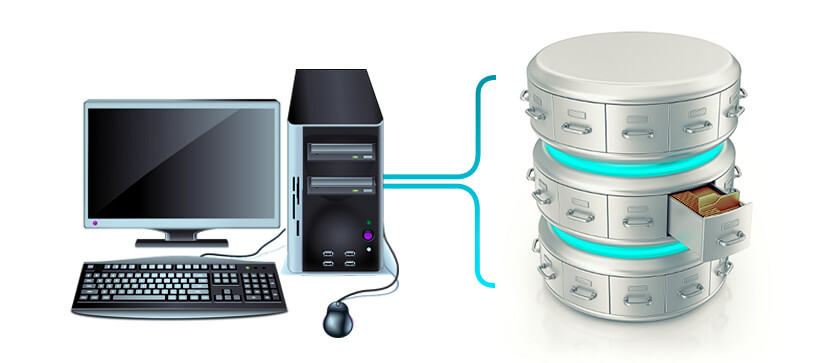What is Digitalization and Electronic Archiving?
Any document management project, whether for a public or private archive, needs to incorporate digitalization as an essential instrument to achieve an effective and secure electronic file management system. Digitalization and Electronic Archiving as a discipline, addresses the issues and trends in document and records keeping in the digital age. This involves digital curation, web archiving, personal information management and managing records in digital repositories. Hence, it covers the essential elements to know to tackle a project of digitalization and archiving of digital data, in particular, security techniques, the risks and the legal and regulatory issues of such a project, without forgetting the contractual and insurance aspects.
Why is Digitalization and Electronic Archiving important for you?
Digitalization and Electronic Archiving, as an Information Security discipline helps you to better manage personal information and records in the digital repositories effectively and securely. It is about how information is managed, and how you can take advantage of it in an efficient way so that it can benefit you and your organization. Digitalization and Electronic Archiving of documents is one of the main engines of transformation since the analysis of information allows you to utilize better decision making, which is crucial for any company regardless of its size, type and complexity.
Benefits of Digitalization and Electronic Archiving Certification
The PECB Digitalization and Electronic Archiving Certificate will demonstrate that you have:
- Understood the structure of electronic records and levels of representation
- An understanding of the models for records creation, use, disposal and curation
- Understood the implications for authenticity, integrity, reliability and usability for records in electronic systems
- The knowledge of records keeping strategies for electronic records in a variety of environments including corporations, municipalities, government departments, cultural heritage institutions, academic institutions and archives.
- Mastered the digitization and digital preservation/archiving techniques
- The ability to effectively organize and apply both new and acquired knowledge
- Acquired the necessary knowledge to approach a digitization project

